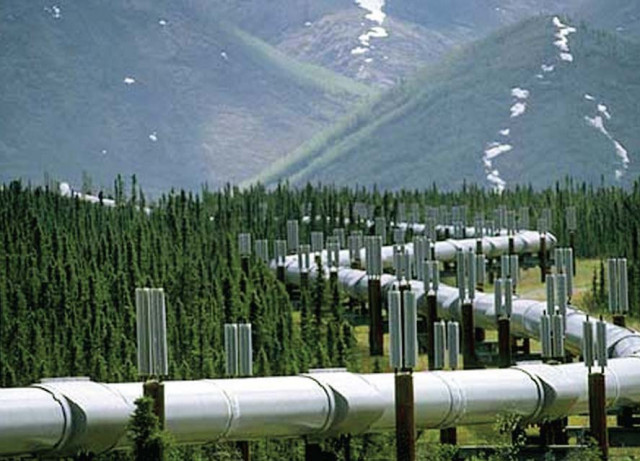Iran gas pipeline
The Iran-Pakistan pipeline is so vital to the country’s energy needs that the extra cost can be overlooked.

Fortunately, for Pakistan there are possible alternatives to finance the project. The second-lowest bidder for the contract, which is a consortium that includes local firms and foreign firms with experience working in Pakistan, can be a possible alternative to finance the project. Although this option will end up costing the government more, the Iran-Pakistan pipeline is so vital to the country’s energy needs that the extra cost can be overlooked. Other options available include cutting out the middlemen and dealing directly with friendly governments or even coming to a barter agreement with Iran where we would exchange wheat in return for construction help for the pipeline. A gas levy is also reportedly being considered but, given recent gas price increases, that option may not be palatable to the Pakistani people.
As for China, we need to prepare for a time when our alliance with them is severely undermined by growing relations between China and India. Trade between the two countries has now reached nearly $50 billion a year and is only expected to increase substantially in the next few years. For an alliance that started only because the two countries shared a mutual suspicion of India, this spells trouble. Relying on only one ally is never a good idea, and in the case of China, it is becoming increasingly problematic.
Published in The Express Tribune, March 15th, 2012.















COMMENTS
Comments are moderated and generally will be posted if they are on-topic and not abusive.
For more information, please see our Comments FAQ